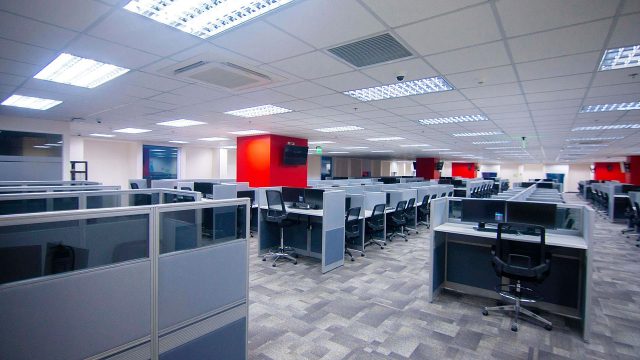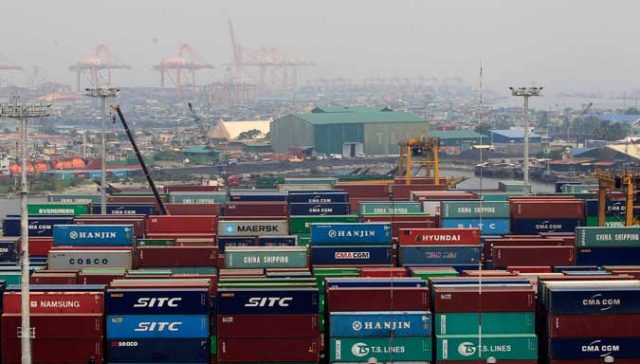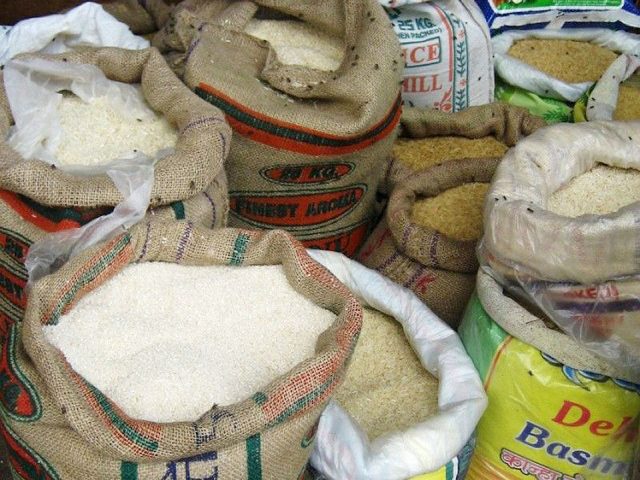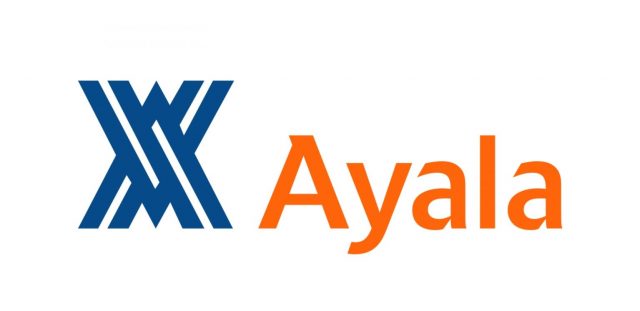BPOs allowed to continue WFH scheme until March
Outsourcing firms operating in economic zones are allowed to implement remote work arrangements until March 2022 as the pandemic continues, the Finance department said in a statement.
The Fiscal Incentives Review Board (FIRB) has issued Resolution No. 19-21 which allows Information Technology and Business Process Management (IT-BPM) firms in ecozones to adopt up to 90% work-from-home scheme until
Jan. 1, 2022, after which a 75% ceiling will be in place until March 31, 2022.
However, the FIRB said if the state of calamity will be extended after Jan. 1, the 90% ceiling will be maintained until end-March.
The 90% WFH setup was supposed to have ended this month, as the national state of calamity was scheduled to have ended.
President Rodrigo Duterte has extended the state of calamity in the country until September 2022.
“The policy was set by the FIRB to address the work constraints brought about by the pandemic in accordance with the provision in the implementing rules and regulations of the Corporate Recovery and Tax Incentives for Enterprises (CREATE) Act, which gives an investment promotion agency (IPA) the authority to implement temporary measures as long as these are approved by the FIRB to help registered business enterprises recover from a pandemic, national emergencies, or major disasters,” the Department of Finance said.
Under the resolution, IT-BPM firms were required to submit information to their respective IPAs by Sept. 30 if they want to continue with WFH arrangements. These include the number of employees and those who are working from home, as well as equipment and assets brought out of the ecozones.
The IT-BPM firms should also include the acquisition costs, book value, and bond amount to cover 150% of the taxes for resources that were brought outside ecozones.
“Bonds shall be posted for all equipment (e.g. desktops and laptops) deployed by the RBE (registered business entity) to their employees’ homes, to ensure payment of taxes and duties if any such equipment is not returned to the site of the RBE after the WFH arrangement,” the memo stated.
IT-BPM companies should also submit updated information to the IPAs within five days after the end of each month.
Firms are given until Sept. 30 to submit to their IPAs a certification that the export requirement and the number of employees will be maintained.
Businesses that fail to comply with the requirements may face suspension, withdrawal or removal of tax incentives. — Luz Wendy T. Noble











